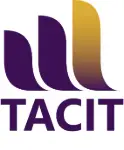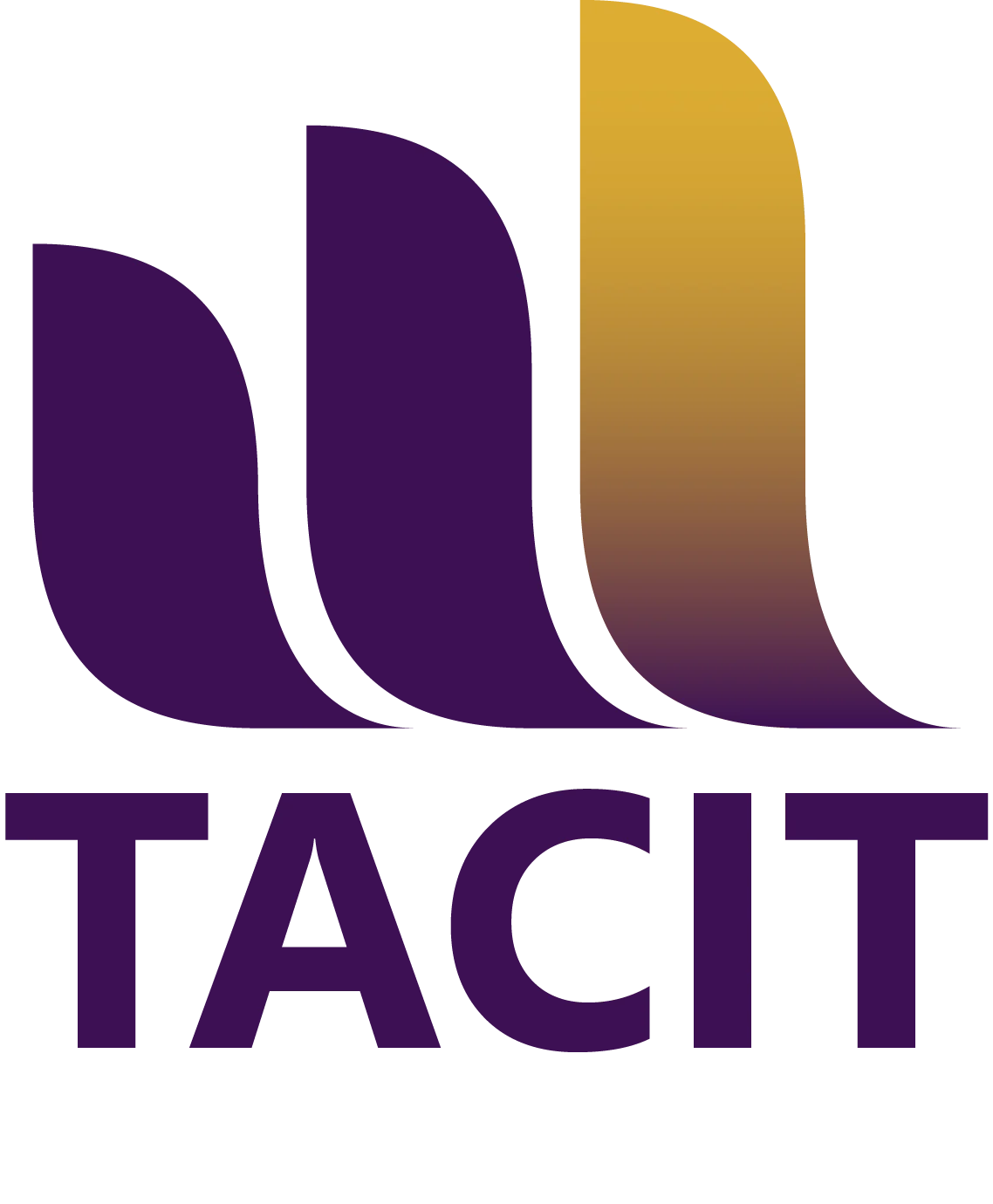This week we held our quarterly webinar to provide some more meat on the bones of our current thinking about what may lie ahead and how our strategies have provided strong positive returns over the first half of 2025 whilst the world appears to have become more difficult and risky. The recording of the webinar can be found here: 2025 Q3 Tacit Thought Live Webinar – Tacit Investment Management
We speak regularly about the longer-term strategic back drop to our investment thinking, but in reality it is short term noise that grabs everyone’s attention. So let us consider one such theme: the competition between the US and China.
Since the end of World War II, the world’s economic system – its rules, institutions, and the way money moves – has been shaped by one key factor: America’s global leadership. From the dominance of the U.S. dollar to the influence of organisations like the IMF and World Bank, the post-war order has revolved around the United States.
But here’s the thing: what we call “normal” is not permanent. It’s a specific period in history built on U.S. strength. And now, that strength is being challenged.
We’re approaching a critical moment where China may overtake the U.S. as the world’s most powerful nation. This kind of shift has happened before in history – and it usually plays out in one of two ways:
- Managed Decline – The U.S. steps back over time, global institutions adjust, and the world slowly moves toward a re-balanced or China-led system.
- Great Power Conflict – Tensions between major powers boil over, causing shocks to trade, finance, and international cooperation.
From an investor’s point of view, everything seems “normal” – until this shift happens. Once it does, how the change unfolds will reshape the entire investment environment.
In this bigger picture, even a major political event like a second Trump presidency might be more ‘’Storm in a Teapot’’ than a lasting turning point. Yes, it could cause political and economic noise. But unless it triggers open conflict between the U.S. and China, it’s still part of the existing world order – not the thing that ends it.
This is the difference between volatility and real change. Investors need to understand which is which.
What’s becoming clearer is that China overtaking the U.S. is likely a matter of when, not if. And the real question – the one that’s worrying investors – is what that transition will look like. Will it be smooth? Will it be messy? The answer could change everything from global interest rates to the way financial markets are structured.
If we believe the world is moving away from U.S. dominance to a more multipolar world focused around regional superpowers, then investors may want to start thinking differently. For example, the U.S. dollar has been the world’s main currency for decades. If that starts to change – gradually or suddenly – it makes sense to explore assets outside the dollar system, like gold, commodities, or other currencies.
Political changes used to be seen as background noise. Now, understanding global politics is becoming a central part of making smart investment decisions. We’re no longer just living through occasional crises in a stable world. We’re likely witnessing the end of an era that’s shaped how markets have worked since 1945.
Investors who assume the U.S.-led global system will last forever may need to rethink. The rise of China, whether peaceful or tense, isn’t just about geopolitics – it’s about a possible reset of the world’s financial and political systems. And with that shift comes both risk and opportunity. Those who adapt early will be better placed to protect their portfolios – and to make the most of what comes next.
The reason for writing about this now is that Tacit’s flexible approach to investing has allowed us to invest more heavily in Asia across our strategies than many peers and to reduce our exposure to the US equity market which has become the dominant holding for most. The first half of 2025 has shown how our approach adds value, and we believe the investment environment needs a flexible approach as the world changes.

